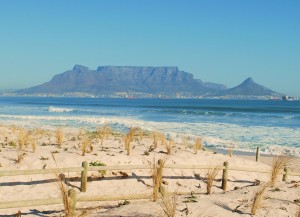Poorer countries around the world began to catch up with richer ones in the 1980s with the result that global inequality began to fall. South Africa, despite its hopeful move into democracy almost 20 years ago is, however, still one of the world’s most unequal societies. And as inequality more than poverty polarises society, growing inequality is presenting huge social, economic and political challenges with sluggish financial growth, weakening demand and increased social unrest proving worrisome.
So what is the answer to South Africa’s growing inequality? There are many answers to this highly emotive and complex question – one lying with improved education and greater investment in the young, the world per se putting a high store on high-level intellectual skills and the capacity to think, plan and make decisions. Whilst another calls for improved productivity and an increase in competitive advantage by making better use of the country’s capitals: human, natural, financial and reputational.
There can be no better way of honouring Mandela’s incomparable legacy than by narrowing the bridge of inequality that is dividing South African society – the question is whether the political and business elite of the country have the will?
